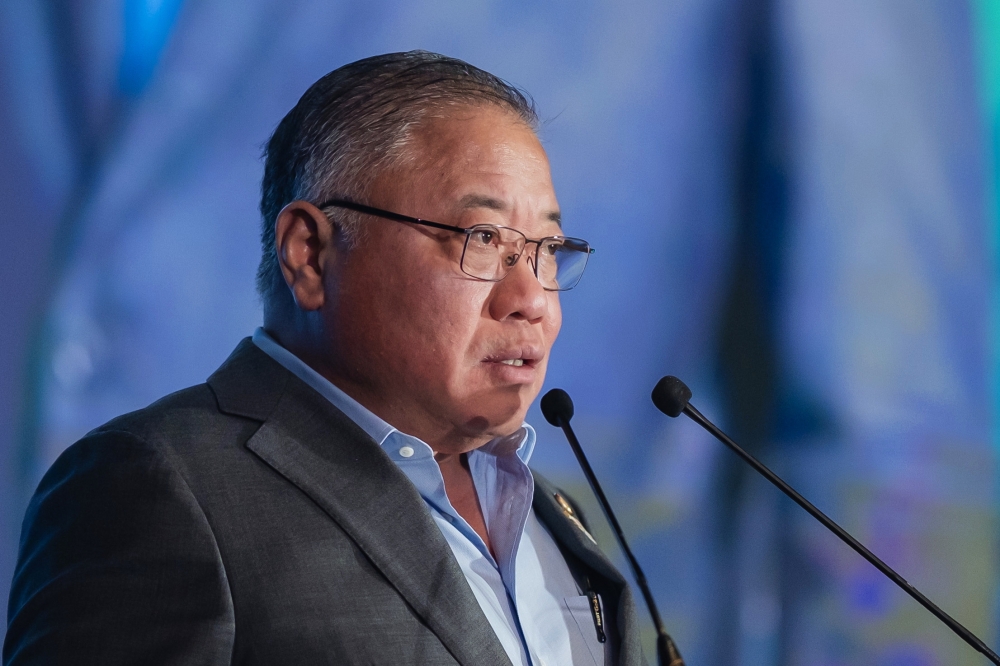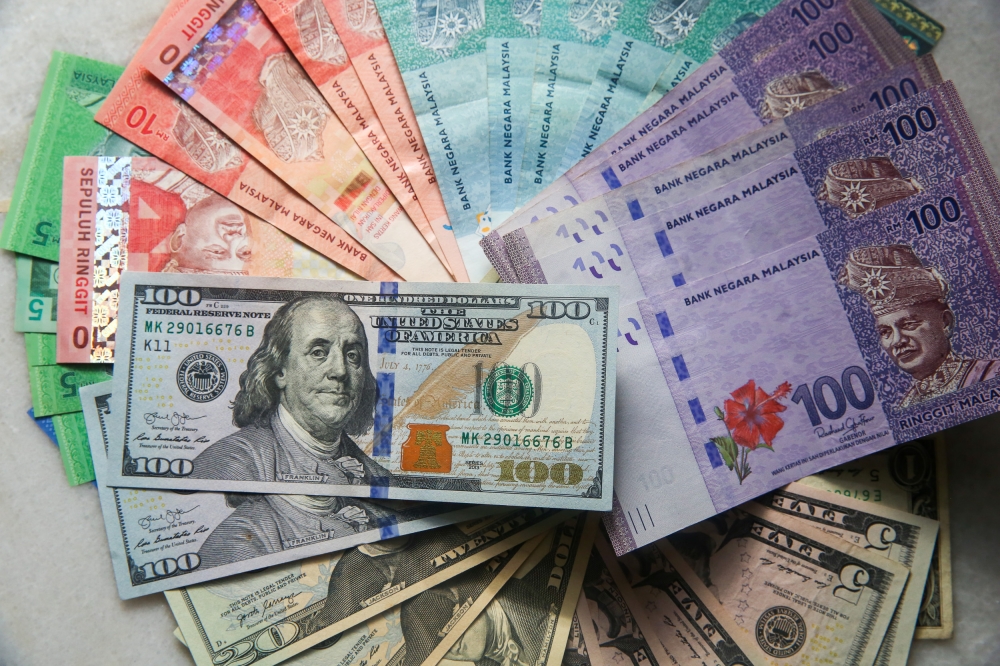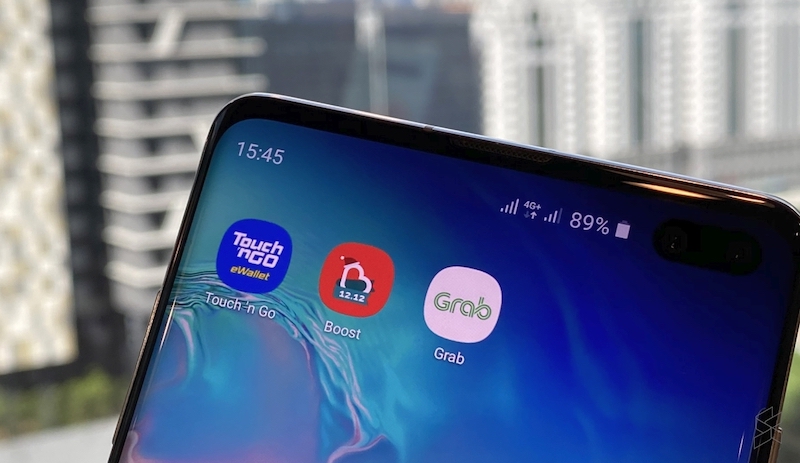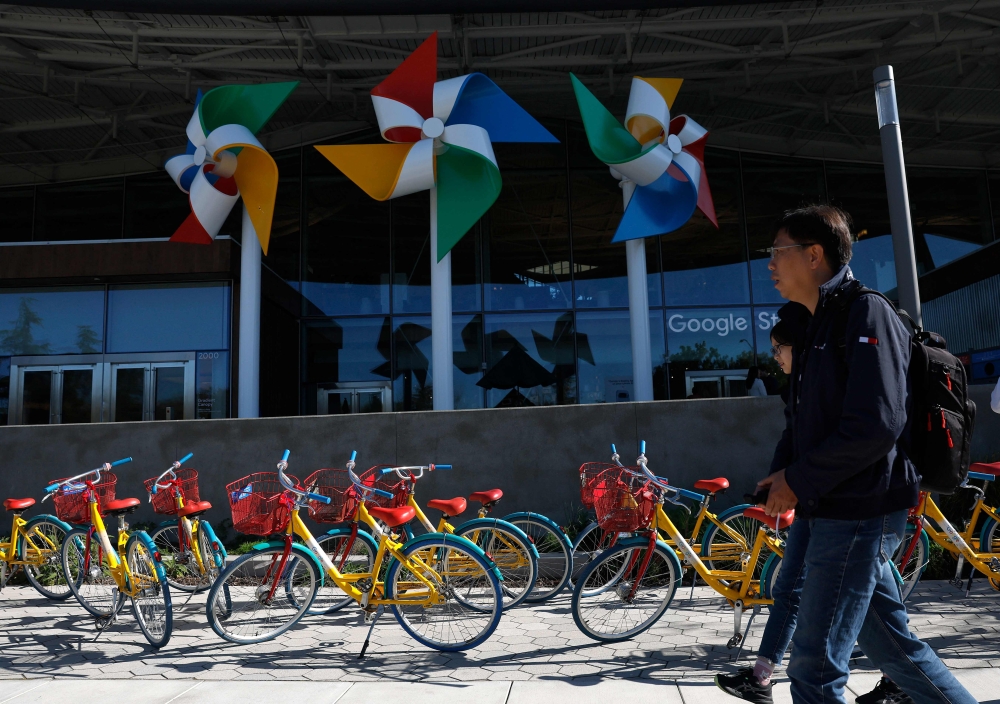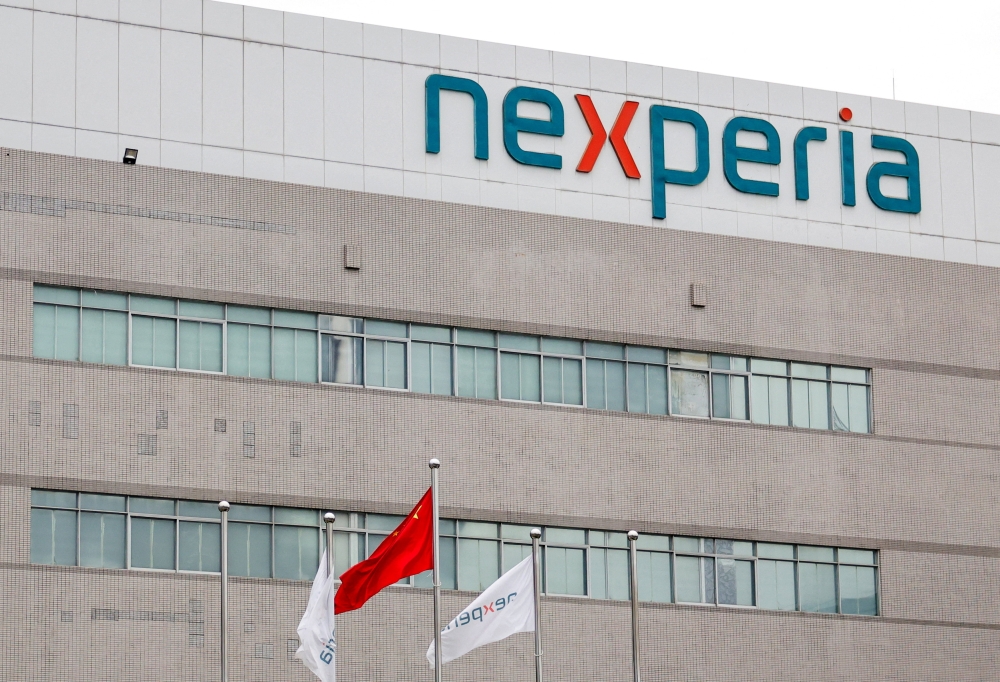KUALA LUMPUR, Feb 12 — As merchants increasingly compete in a multi-channel of payments, the cashless digital payment option is a must to stay relevant in a competitive world.
Through the e-wallet adoption, they see strong participants mainly from the millennials, which has become the powerful and influential segment of consumers.
Tealive’s owner, Loob Holding believes that e-wallet payment can be a trend with increased usage among consumers in a marketplace full of big and small merchants, accepting the digital cashless as a payment method.
Its chief executive officer Bryan Loo told Bernama, Tealive managed to convert new users from the big scale e-wallet promotions it ran especially at smaller towns in 2019 from value seekers who are out there fishing for the best deal.
“A few e-wallet brands built their own ecosystem, which covers a consumer’s lifestyle, whilst some focused on the transfer and bills payment as their key feature.
“However, e-wallet as the payment method is still relatively new compared to cards and will require a constant push to sustain the usage, while online transactions and high priced items will continue to see more credit cards usage than e-wallets for now,” he explained.
Tealive started accepting e-wallet payments in 2017 from brands such as Touch ‘n Go eWallet, GrabPay, Boost, Alipay, WeChat Pay, Razer Pay as well as Maybank QRPay and have seen a growth in the usage of e-wallet from year-to-year.
Malaysia’s biggest supermarket chain, Mydin Mohamed Holdings Bhd had reported a 400 per cent increase in the usage of e-wallet payments in its stores since the government introduced the RM30 e-wallet incentives under the e-Tunai Rakyat programme.
Its managing director Datuk Ameer Ali Mydin said the trend for e-wallet remained consistent which is a testament to the success of the program to drive digital payment adoption.
Hence, he said, Mydin is planning to introduce e-wallet payment in the coming months.
At present, it is utilising the Touch ‘n Go ewallet terminal at its physical stores.
“We are open to adopting new e-wallet players that have been approved by Bank Negara Malaysia.
“It is our responsibility as one of the main players of the local retail industry to support the government initiative to adopt e-wallets, as long as the merchant discount rate is low or better still zero,” Ameer noted.
Fave, a payment aggregator that connects merchants and consumers to deliver seamless payment experience and merchant rewards, see cashless payments as a mainstay in people’s life — not replacing the present card completely, but rather complementing it.
Its co-founder and chief executive officer Joel Neoh said Fave has had an exponential growth by processing over RM1 billion in cashless transactions from over 30,000 merchants in Malaysia, Singapore and Indonesia in 2019.
Last year, the growth has been three-fold signifying Fave’s strong efforts to dominate the cashless scene in Malaysia, which the company will continue to scale in 2020 with Fave’s entry into the DuitNow QR ecosystem.
“The way we pay and get paid is changing. As Malaysia embarks on the ‘new economy’ where digitalisation and the usage of cashless payments are facing an upward trajectory,” Noel added.
Fave recent study, ‘2020 Retails Trends in Malaysia” showed that businesses adopting cashless payments as a way to reduce the cost of payments and streamline their operations with easier payment reconciliation will be one of the top trends for this year.
Another prominent trend is that cashless payments have enabled merchants to easily incentivise their customers with digital loyalty programs such as cashback.
“Technology should be made for humans, and not the other way around,” he said.
Users can connect their e-wallet such as Boost or save their card to be used on Fave.
Refusing to be left out, e-commerce platform — Shopee had introduced ShopeePay in 2019 to supplement the existing payment options available such as bank transfers, credit/debit card, online banking, and cash payments at convenience stores.
According to Shopee’s regional managing director Ian Ho, since its introduction, ShopeePay e-wallet has been well-received in Malaysia, with steady growth in its adoption among users.
Shopee he said, had recorded a large increase in transactions made via ShopeePay at its major 9.9, 11.11, and 12.12 sales campaigns in 2019.
“Governments and businesses both also play a key role in making digital payments more robust and inclusive to make them accessible for everyone, and should work closely together to achieve this,” said Ho.
Chief executive officer of Boost, Mohd Khairil Abdullah said apart from big brands, about 60 per cent of merchants on board with the leading cashless e-wallet apps consisted of small and micro-businesses such as ‘nasi lemak’ sellers, ‘pasar malam’ vendors and food truck operators.
“Switching from cash to e-wallet or cashless payment is a mindset shift. It takes a little bit of time and education before merchants are comfortable to switch over. But we believe this will happen sooner rather than later.
“If we look at the retail industry in general, most of the big brand retailers such as Mydin, Tesco, KK Mart and AEON Big are already Boost merchants.
“They are the industry leaders and trendsetters. These big brands already see the benefits of offering e-wallet payment because of the convenience it brings customers while reducing the need to handle cash,” Mohd Khairil.
He said the on-going e-Tunai Rakyat initiative announced by Finance Minister, Lim Guan Eng is also a great catalyst for driving adoption among merchants.
“One issue these businesses are facing is access to financing from banks. Because of the size of their businesses and their lack of credit score, they find it difficult to get small loan approvals for growing their business.
“Boost, through our sister company, Aspirasi, now offers micro-loans and -insurance to these segments of entrepreneurs that they never had access to in the past. We’ve seen a strong take-up of our financial services and we feel this will certainly encourage more merchants to come on board with us,” he noted.
As of end-January 2020, Boost has 138,000 merchants, where its 6.2 million users can pay with Boost nationwide.
TNG Digital Sdn Bhd chief executive officer, Ignatius Ong said Touch ‘n Go eWallet is the only cashless platform in Malaysia to have the Money-back Guarantee policy, which has encouraged more merchants and users to go cashless with the brand.
To date, it has nine million registered users and active 135,000 merchants nationwide, both offline and online retailers.
“When it comes to mobile wallet usage, Malaysians are generally cautious. For merchants, it is the concern of security on their earnings, their details and a general mistrust of technology,” he said, added that they are also worried that they may be exposed to fraud and hacking.
“The key here is to understand their concerns and provide solutions that will help alleviate that layer of uncertainty, which then builds their trust and comfort level in going cashless with us
“Through constant education and active showcase on the benefits of the Touch ‘n Go eWallet, we are able to attract more merchants who are becoming receptive to jump on-board to offer a convenient transaction option for their businesses,” Ong said.
Ridesharing company, Grab launched GrabPay over a year ago with the vision to be the rakyat’s e-wallet choice offering Malaysian’s the convenience of seamless payments for everyday services.
GrabPay Malaysia said merchants onboard its platform have recorded a four-time increase in their income.
In addition, GrabPay users were able to save a total of up to RM5.5 million in the second half of 2019 by using GrabPay to pay for their everyday needs like transport, shopping and food deliveries.
At present, GrabPay is accepted nationwide at a variety of merchants and services such as hypermarkets, health and beauty retailers, cinema outlets, fast food chains and convenience stores as well as across Grab’s ecosystem of services — Grab Rides, GrabFood, GrabMart and GrabExpress.
“In line with the government’s agenda of driving a digital economy, we are committed to accelerate and strengthen the adoption of digital payments across Malaysia with like-minded partners,” GrabPay Malaysia added.
Recently, GrabPay partnered with PayNet to adopt DuitNow QR, Malaysia’s National QR Standard.
Through this partnership, users can conveniently make payments from any participating banks or e-Wallets’ mobile apps with merchants only need to display one QR Code to accept payments. — Bernama





